Date Published: 16/07/25 By Sophie Grant
Compost plays a vital role in gardening by enriching the soil and supporting plant growth. Choosing the right compost is crucial, not just for your garden’s health but also for the environment. Peat-free compost has become increasingly popular for gardeners who want to care for their plants while helping protect natural ecosystems. Understanding the advantages of peat-free compost can encourage more sustainable gardening choices.
Understanding Peat-Free Compost
What is peat-free compost?
Peat-free compost is made without peat, a natural material harvested from peatlands. Instead, it uses nutrient-rich ingredients like green waste, bark, and coir. This type of compost offers a rich source of nutrients to help plants thrive while avoiding the environmental harm caused by peat extraction.
How it differs from traditional peat-based compost
Traditional compost often contains peat, which is dragged from sensitive peat bogs. Peat takes thousands of years to form and its extraction damages ecosystems and releases stored carbon into the atmosphere. Peat-free compost avoids using this material, relying on renewable resources instead. This makes peat-free options more environmentally friendly and sustainable.
Peat Free Compost Benefits
Supports healthy plant growth with nutrient rich compost
One of the main peat free compost benefits is its ability to promote strong and healthy plants. Nutrient-rich compost enhances soil fertility, providing essential minerals and organic matter. This supports root development and helps plants absorb water and nutrients more efficiently.
Improves soil health and structure
Peat-free compost improves soil texture by increasing aeration and moisture retention. It encourages beneficial microorganisms to thrive, which break down organic materials and deliver nutrients naturally. This leads to healthier, more sustainable soil that can support diverse plant life year after year.
Reduces carbon footprint through sustainable production methods
Peat extraction is a major source of carbon emissions due to the disturbance of peatlands. Using peat-free compost helps reduce your carbon footprint by supporting compost made from renewable and recycled materials. Sustainable production methods used by companies like Wildmore Compost further lower environmental impact, making peat-free choices better for the planet.
Environmental Impact and Peatland Conservation
What are peatlands and why they matter
Peatlands are wetland areas made up of partially decayed plant material. They absorb huge amounts of carbon, acting as natural carbon sinks. Peatlands also support unique wildlife and maintain water quality. Protecting these ecosystems is critical to combat climate change and preserve biodiversity.
How peat-free compost helps protect peatlands
By choosing peat-free compost, gardeners avoid contributing to the destruction of peatlands. Every bag of peat-free compost means less demand for peat harvesting. This supports peatland conservation efforts and helps preserve these vital habitats for future generations.
Sustainable Gardening with Peat-Free Compost
Practices to incorporate sustainable gardening in your routine
Sustainable gardening focuses on reducing waste, conserving resources, and protecting nature. Incorporating peat-free compost is a key step. Other practices include using rainwater harvesting, planting native species, and avoiding chemical pesticides. Together, these habits create a garden that’s eco-friendly and productive.
Using peat-free compost to promote long-term garden health
Regularly adding peat-free compost helps maintain soil fertility over time. This reduces the need for artificial fertilisers and keeps the garden resilient against pests and diseases. It also supports healthy microbial activity, which is essential for sustainable gardening success.
Practical Peat-Free Gardening Tips
Choosing the right peat-free compost products
Not all peat-free composts are created equal. Look for options with balanced nutrient content and natural ingredients. Always check product labels and buy from trusted family-owned companies, such as Wildmore Compost, known for high-quality, locally produced compost.
Tips for maximising benefits from peat-free compost
Apply peat-free compost as a top dressing or mix it into soil before planting. Use it in vegetable beds, flower borders, and containers. Combining compost use with mulching and crop rotation will improve soil health and make your garden more productive.
Combining peat-free compost with other eco-friendly gardening methods
Pair peat-free compost with organic pest control, companion planting, and minimal watering techniques. These methods work together to create a sustainable garden that supports wildlife and reduces environmental impact.
Conclusion
The peat free compost benefits go beyond just improving plant growth. By using peat-free compost, gardeners help protect valuable peatlands and reduce their carbon footprint. Sustainable gardening practices combined with high-quality peat-free compost promote long-term soil health and a thriving garden. Switching to peat-free options is a simple yet powerful way to create a greener garden and contribute to environmental conservation. Choose peat-free compost today and enjoy a healthier garden and a healthier planet.



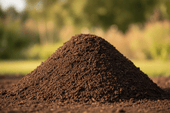



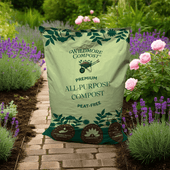
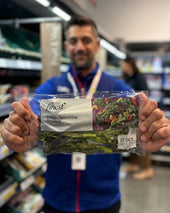
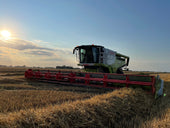








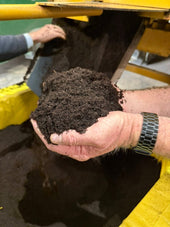


0 comments